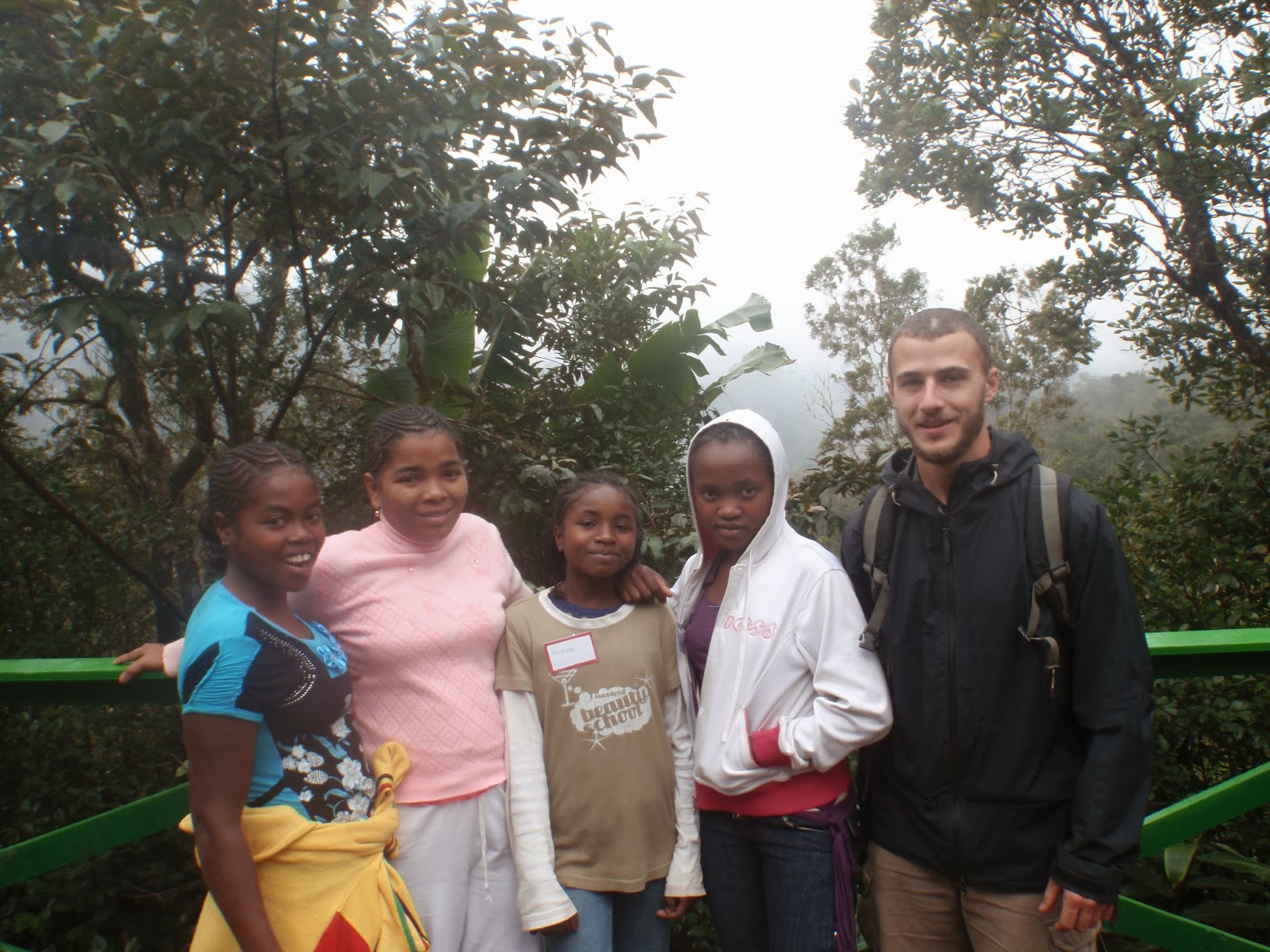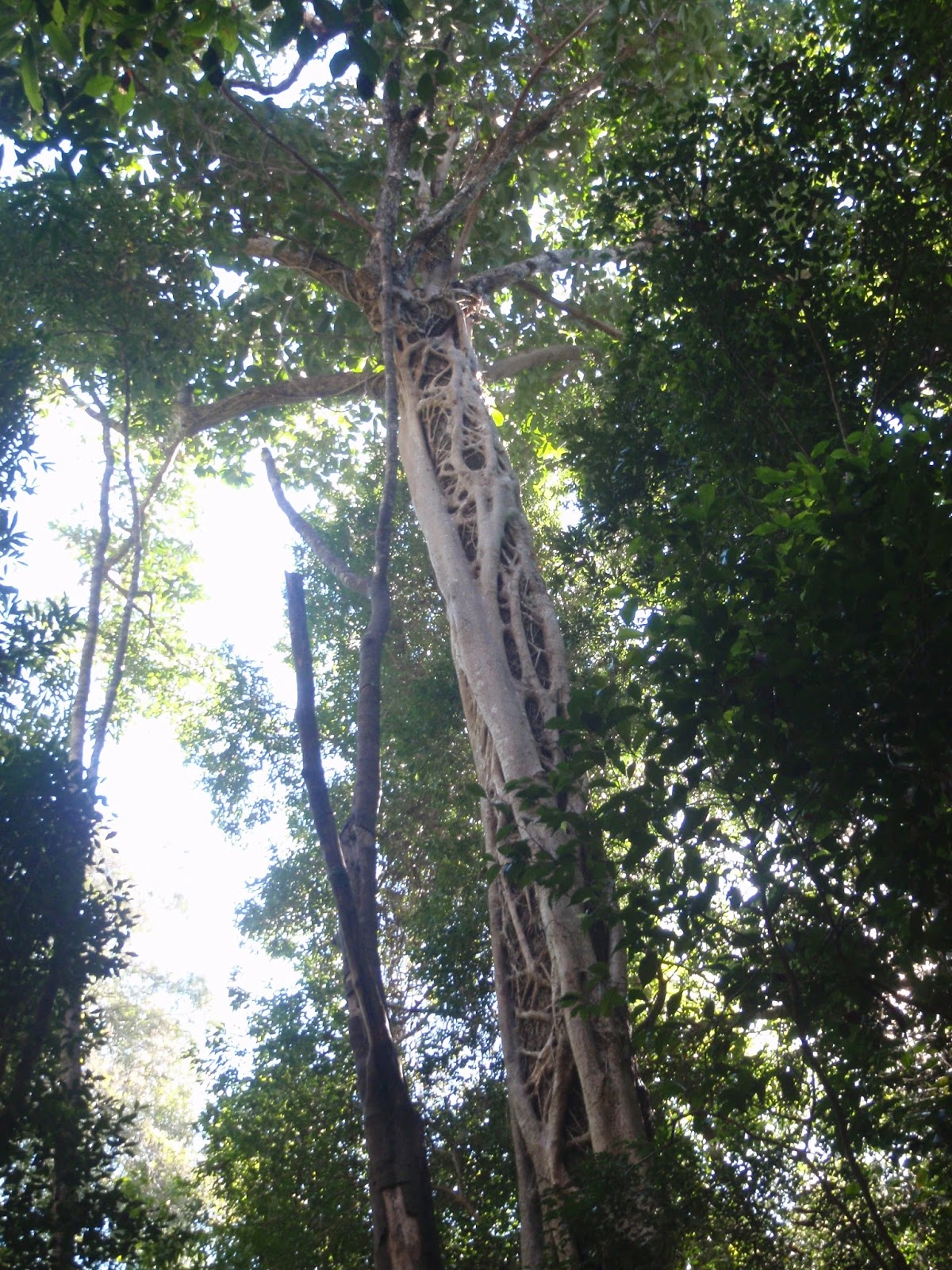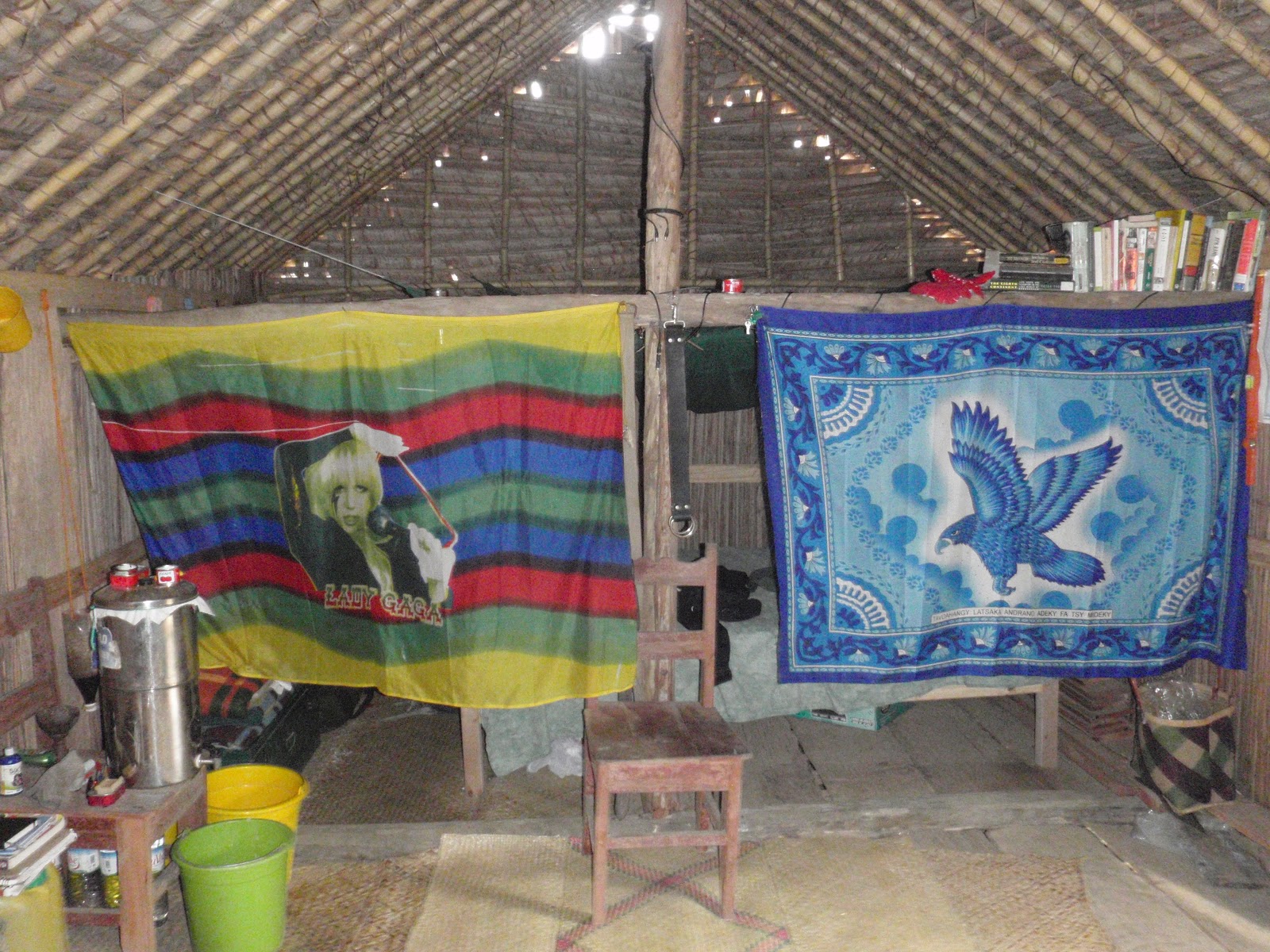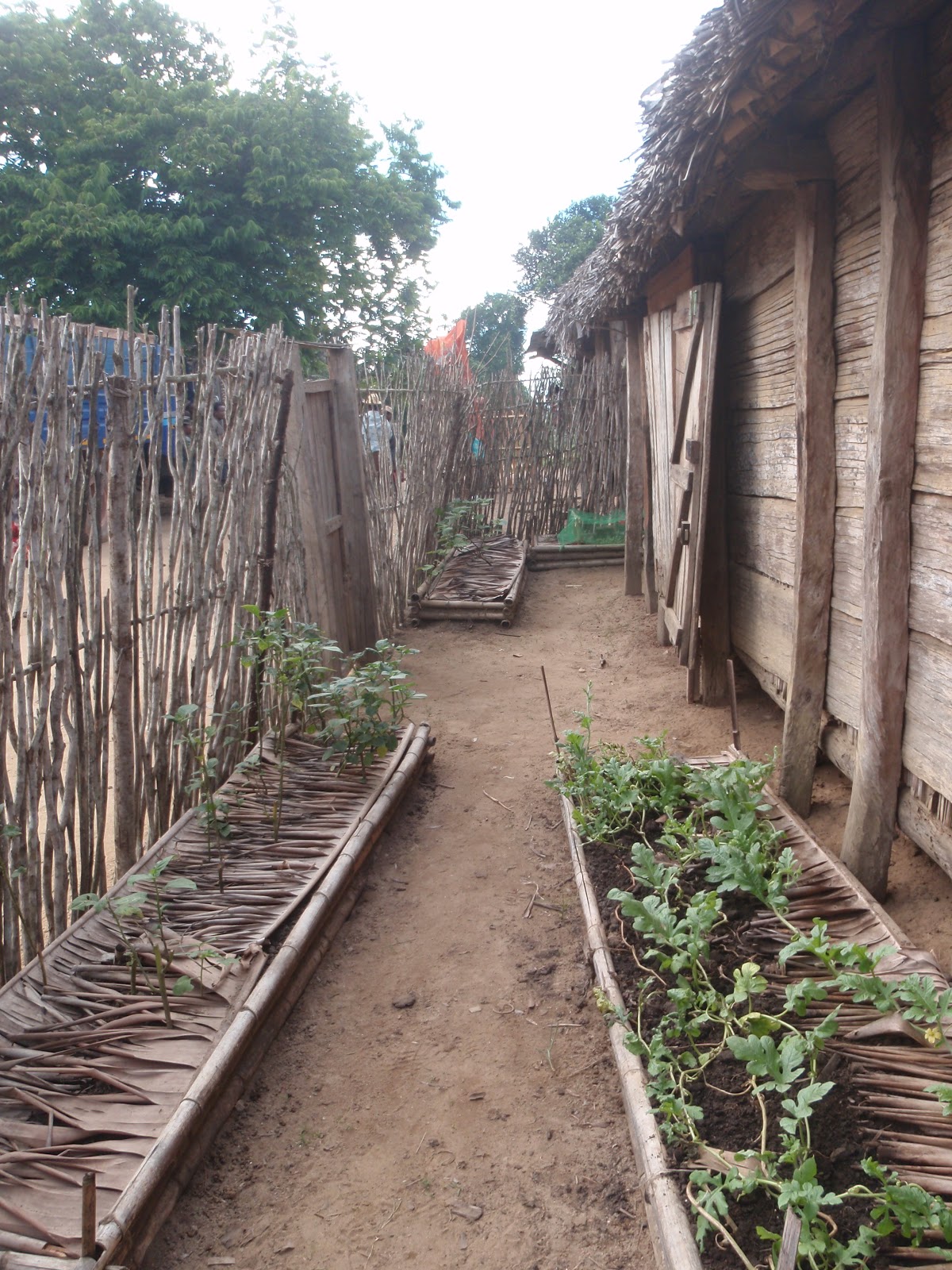The last months in Mada were a mad dash. It finally clicked that my time was actually finite here. So trying to wrap up my projects and get my site ready for my replacement consumed the energy of each remaining day. Then as most of my friends wanted to kick it and coast to the end I was also running around trying to say my goodbyes to those in the far corners of my neighborhood. It was frantic but also everyday was complete and I looked forward tot he next because there was so much to still do, and people to see one last time. Sure enough that day finally came and I found myself with all my belongings heading out to the crossroad, quite possibly for the last time. It all started to really sink in on the brousse ride and then the deal was sealed as the A380 took off from Ivato.
Such a trip leaves you in a state of euphoria and delusion for about a week until you can finally start to piece together what has actually happened in your life. You have goosebumps either from the cold or your nerves, the cold last breath of winter stomps over your tropical zeal and everything is not how you thought it would be. All those days that gave you a hard time and you just wanted to be back in America, well it's not quite how you envisioned it. It may be hard to see it but things have changed here; people have have been living their lives for two years just as you have and they've experienced changes too. While it may be difficult for others to really understand what you experienced and it might be just as difficult for you to "catch up" with them.
Now I've been doing a lot reading around about how other RPCVs have readjusted to life back in the States. PC did try to address this during my COS conference back in January but there are just so many things going on for everyone that somehow a little basic advice seems to slip right through the cracks in the floorboards. So looking ahead to RPCVs is really the best bet; if they're there now how'd they get from here? However I haven't found someone describing a readjustment experience like mine or at least not detailed enough where I can try figure out how they got from where I am now. Most of the posts that I've found focus on exactly that readjusting, re-assimilating oneself to their previous culture and essentially discarding any practices and beliefs incompatible with it. The bottom line, yes you can apply your experience to the job world here; a RPCV has proven that they can: work independently; develop, implement and manage projects; find creative solution to challenging problems; etc. But where my experience falls on deaf ears is how Madagascar redefined: community, conservation, time, what's actually important. This is where I'm having a tough time readjusting, I've changed some of my beliefs and I don't see why I should cast them aside just because they may be currently incongruent.
Essentially I've found that I really enjoyed my service in Madagascar and I grew a lot as a person during my service. I was able to overcome a lot of personal challenges that I had in the States and I finally had a good idea of who I am. But I've found that I just haven't been able to be that person that I was 3 months ago since I got home. There's this invisible societal force here that keeps whispering no. I've watched little things that I held so dear slip away. Some say that's the readjustment process and certainly it is, but what if you don't want to lost those things? Are you just prolonging the inevitable or is it possible to retain them?
So here I am here once again with the whole great world before me only this time I know just how different it can be.
Salama
Nick

















































